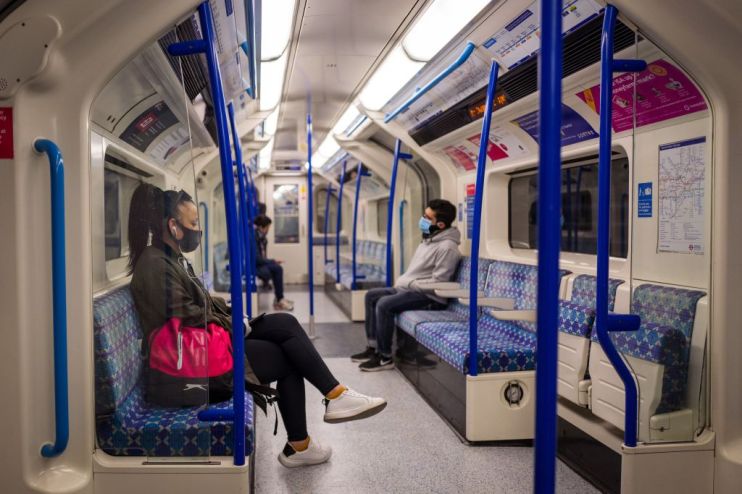We risk entrenching racial inequalities unless we change our economic response to Covid-19

Like many, I have been deeply worried by the growing evidence about the disproportionate impact of Covid-19 on our black and ethnic minority (BAME) communities.
Public Health England’s latest research, released this week, shows that BAME communities are at far higher risk of catching Covid-19 and are at greater risk of dying from the disease too. The fact that they are more likely to be living in poorer communities and in high-risk, low-paid occupations points to a strong correlation.
The Public Health England research demonstrates how social and economic inequalities have made our country particularly vulnerable to this pandemic. Unfortunately, the government’s economic response risks entrenching the very inequalities that have already weakened us.
If we are to recover in any meaningful sense, structural inequalities must be addressed urgently, starting with safeguarding economic and social opportunities that benefit BAME people.
Some 20 per cent of the UK’s social enterprises — businesses which trade to deliver their social or environmental mission — are based in our most deprived areas. One in eight are led by BAME chief executives and directors, compared to one in 20 SMEs.
Yet these businesses, which are on the frontline of tackling inequality, are falling through the gaps, unable to get access to grants or finance that meet their needs. This is putting up to a million jobs at risk in some of our poorest areas.
These communities face a double whammy, where Covid-19 takes away family and friends, and the economic impact of the pandemic takes their jobs and livelihoods.
The Prime Minister’s election victory was based on a repudiation of the previous economic strategy. He recognised then, as we all do, that we have to do things differently. We need to target support at those places that have been left behind. We need to reduce inequalities which undermine our resilience and deprive us of talents that can power our economy forward.
There are three quick things that the government can do to push us towards a better economic model.
First, we need to back businesses working in our poorest communities and with vulnerable people. Let’s target any tax cuts and support at those that most deserve it, rather than a single approach to business tax across the board. The truth is that some businesses are making a bigger contribution to the nation than others, while a few are actually exacerbating inequality through poverty wages and poor working conditions. They should not be rewarded.
Second, we need to reform our public services. This means breaking down silos between public bodies and using different models of delivery, such as social enterprises and charities, which have a track record of success.
Finally, we need to reinvest in our civil society. Social and cultural capital is critical to boosting economic performance and reducing inequalities. Our richest areas do not have more charities and voluntary associations because they are rich, they are rich because they have access to the social and cultural capital that these organisations provide.
The fact that nine out of 10 BAME voluntary organisations are at risk of running out of cash is deeply worrying, and evidence of how inaction could make our current inequalities worse. Investing in our social infrastructure over the coming weeks is as important as investing in physical infrastructure.
An inclusive economic agenda must not be lost in the midst of crisis. Falling back on tried and failed methods will only lead to the same poor results.
If we get our immediate economic response wrong, we risk entrenching inequalities that will cost us down the line. The government must adapt its plans based on the growing evidence presented to it.
Closing the gap between our communities is now not just a moral good, but a medical and social necessity.
Main image credit: Getty